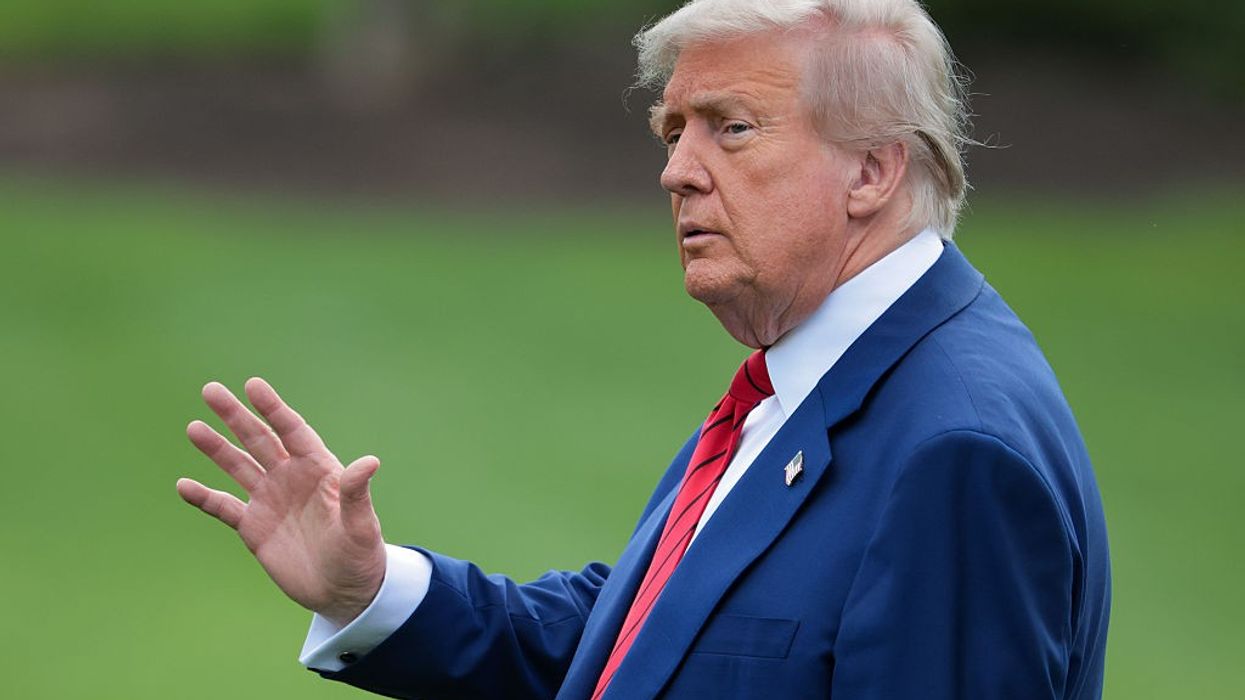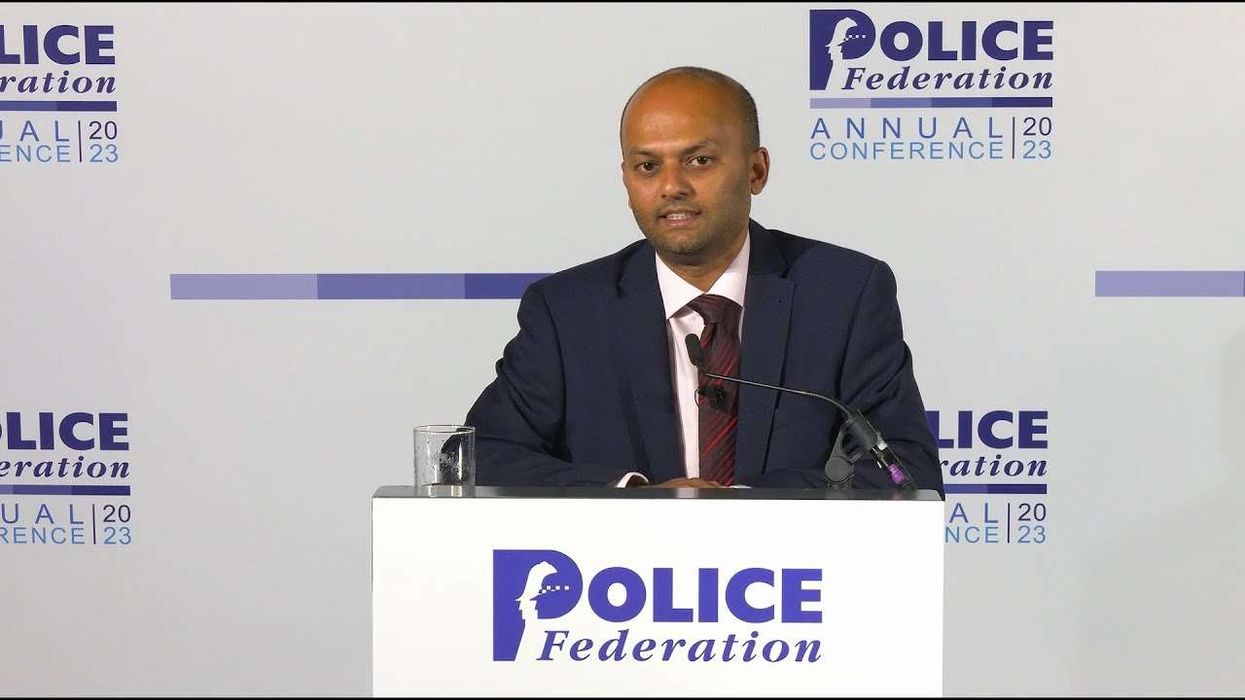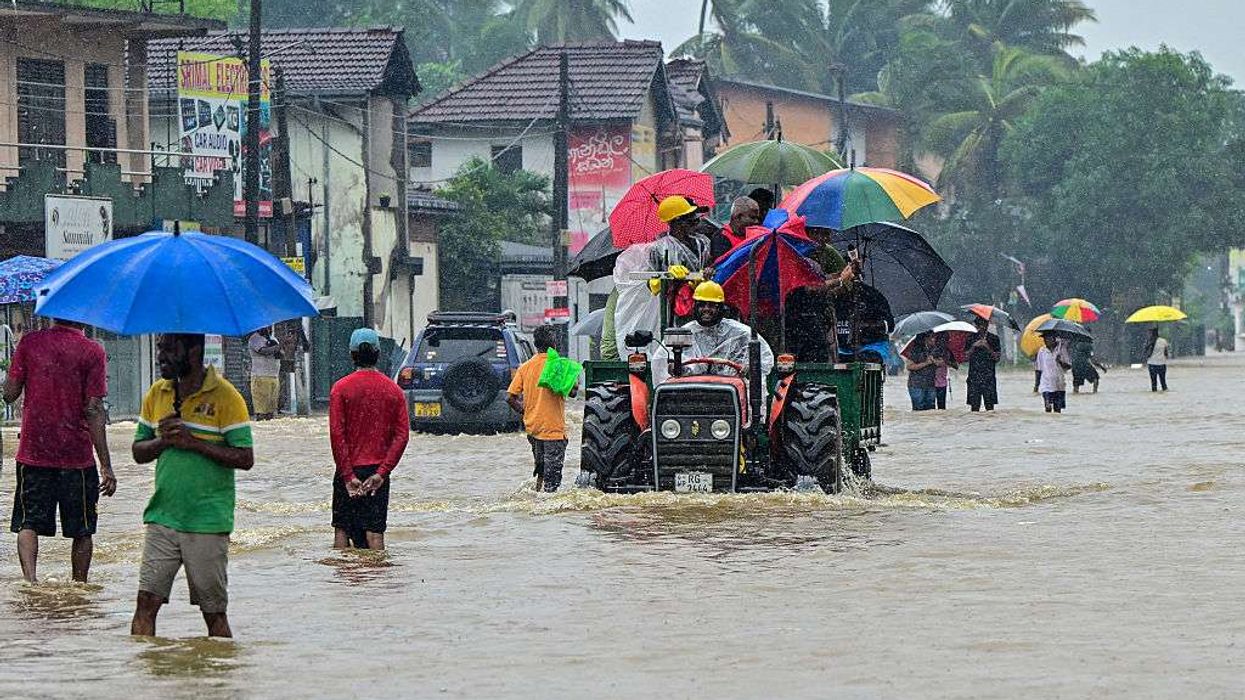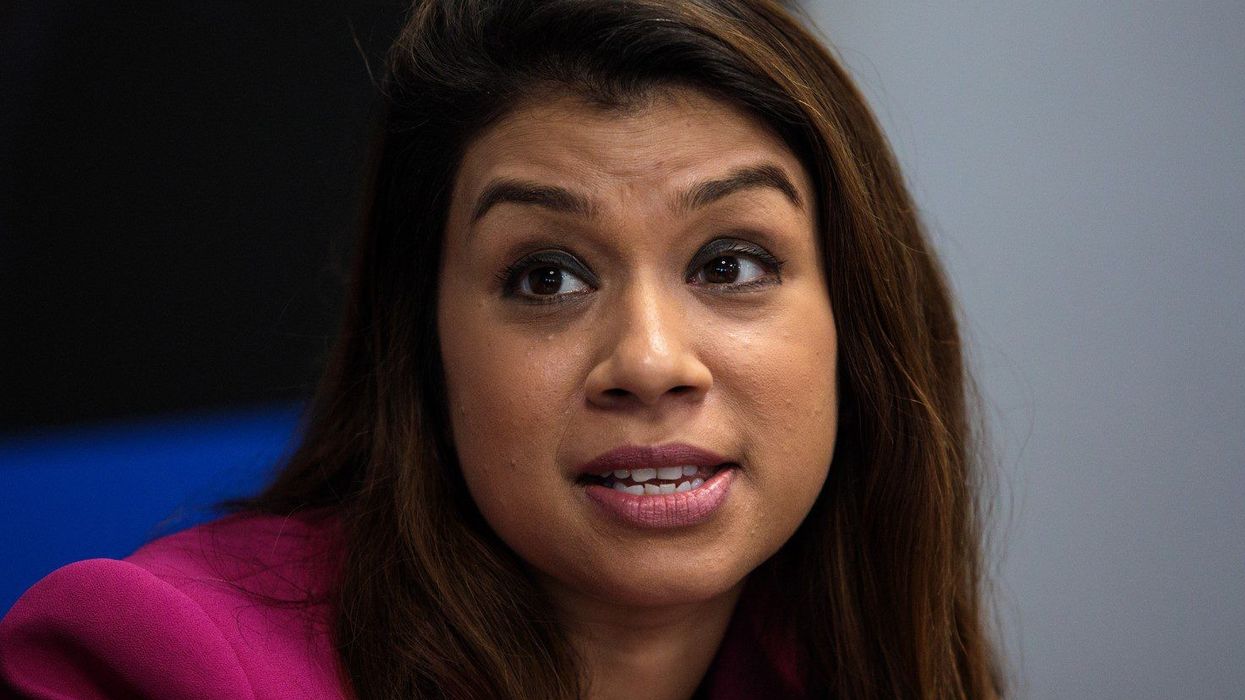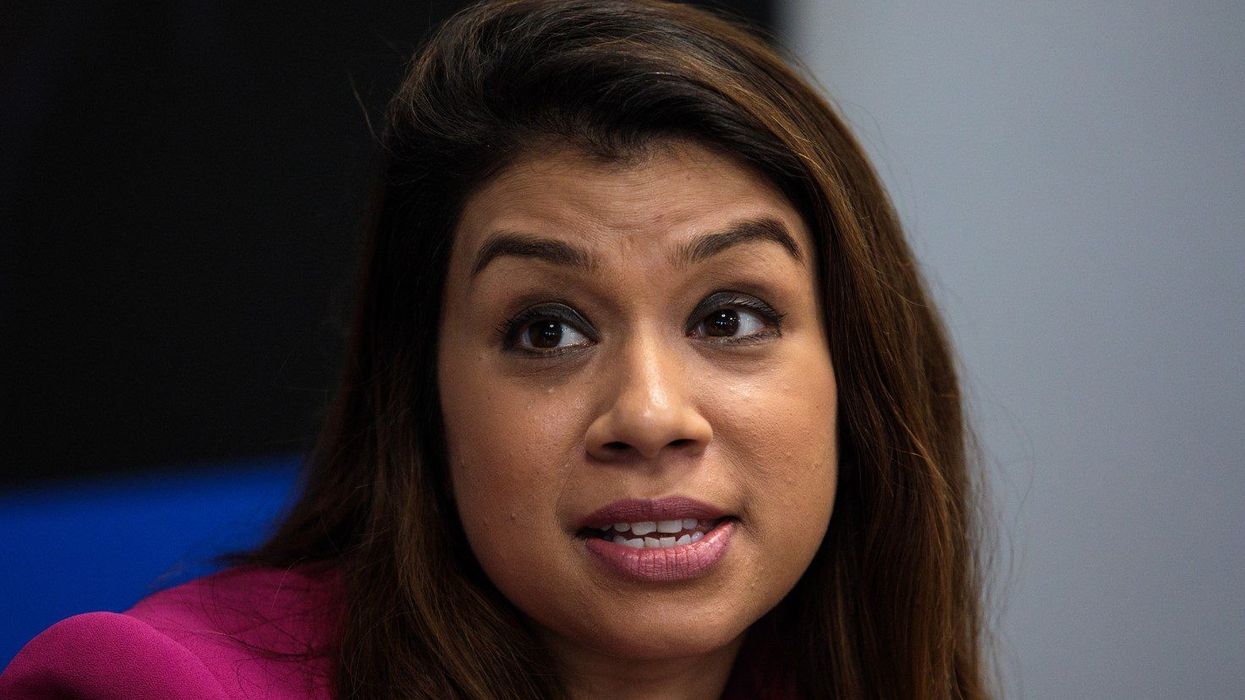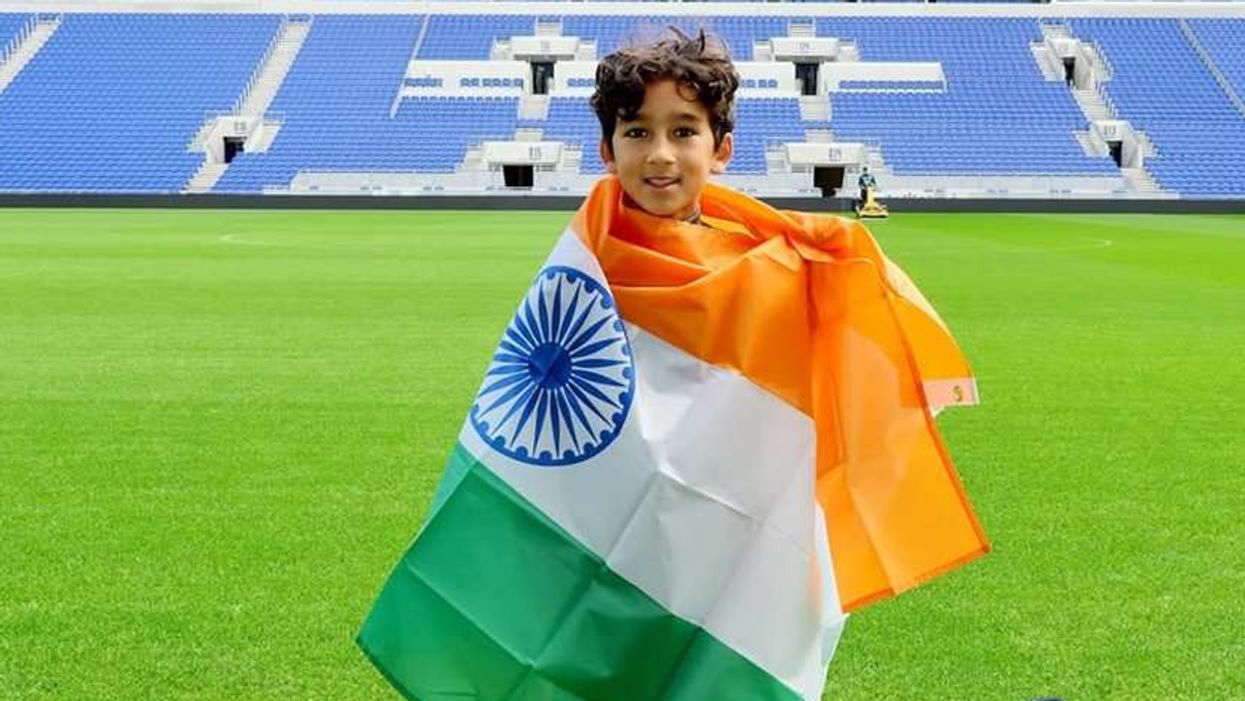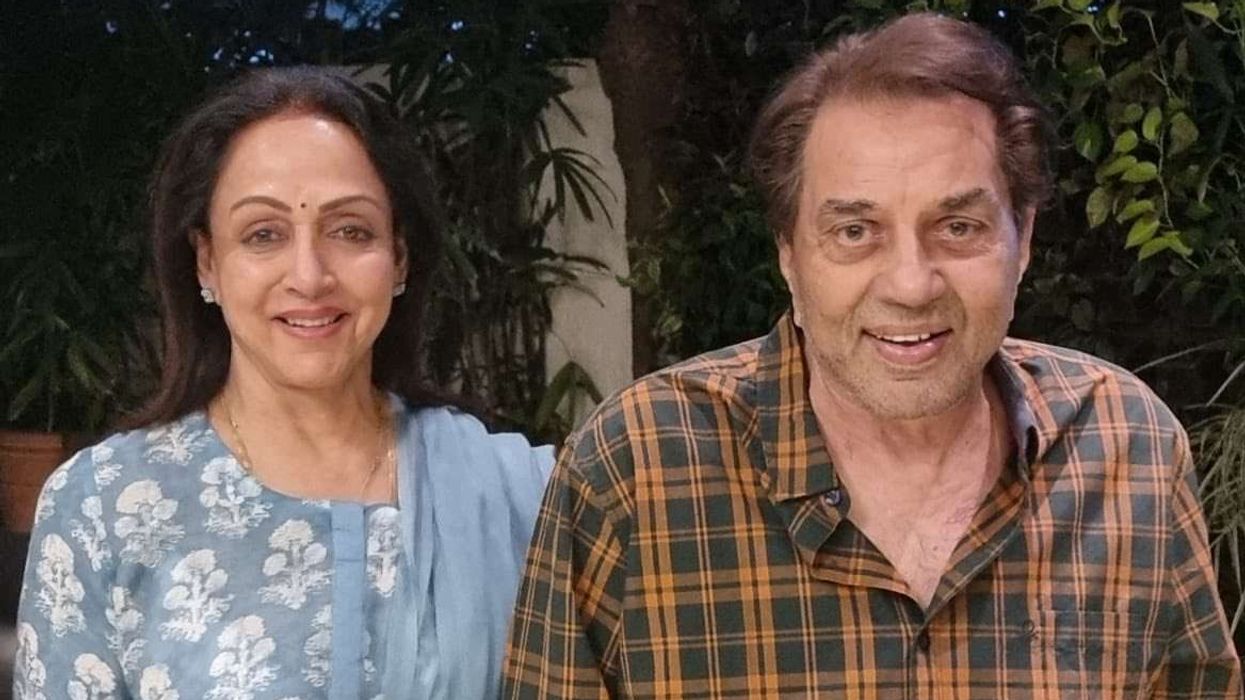PAKISTAN government has announced that it will formally nominate US president Donald Trump for the 2026 Nobel Peace Prize, citing his “decisive diplomatic intervention” during the recent military tensions between India and Pakistan.
The announcement was made on Saturday (21) on X, just days after president Trump hosted Pakistan Army Chief general Asim Munir at the White House.
The statement praised Trump’s role in defusing the situation that followed the deadly terror attack in Pahalgam, India, on April 22. In response, India carried out targeted strikes on terrorist infrastructure across the border on May 7. This was followed by several days of retaliatory military action from both sides.
The hostilities ended on May 10 after the Directors General of Military Operations (DGMOs) of India and Pakistan held direct talks. While India maintains that the ceasefire was the result of these direct communications, Pakistan credits Trump’s diplomatic involvement for halting the escalation.
“President Donald J Trump demonstrated great strategic foresight and stellar statesmanship,” the Pakistan government said, claiming that his engagement with both Islamabad and New Delhi helped “secure a ceasefire and avert a broader conflict between two nuclear states.”
Pakistan also praised Trump’s “sincere offers” to help resolve the Kashmir issue and called his actions a continuation of his “legacy of pragmatic diplomacy and effective peace-building.”
In response, President Trump posted on his social media platform, Truth Social, expressing frustration over not receiving recognition for his peace efforts. “I won’t get a Nobel Peace Prize no matter what I do,” he said, listing his involvement in conflicts across India-Pakistan, Russia-Ukraine, Serbia-Kosovo, and the Middle East.
He added that he recently brokered a peace agreement between Congo and Rwanda and described it as a “great day for Africa and the world.” Despite his achievements, Trump lamented, “No, I won’t get a Nobel Peace Prize… but the people know, and that’s all that matters to me.”
Trump has repeatedly claimed that his administration helped stop a war between India and Pakistan. On May 10, he said that both countries had agreed to a “full and immediate” ceasefire after Washington’s intervention and suggested that the promise of future trade encouraged the nations to halt the conflict.
However, Indian officials strongly deny this claim. Foreign secretary Vikram Misri stated from Canada during the G7 Summit that there had been “no discussion, at any level, on a trade deal with the US or any American mediation.”
Misri confirmed that the decision to end military actions came through direct military channels and was initiated by Pakistan. Prime minister Modi has clearly stated that India does not and will never accept foreign mediation,” he said.
Meanwhile, former US National Security Advisor John Bolton weighed in on the controversy, suggesting Trump’s desire for the Nobel stems from the fact that former president Barack Obama received it in 2009.
“He won’t get it for solving the Russia-Ukraine war. He’s now unsuccessfully trying to claim credit for the India-Pakistan ceasefire,” Bolton posted on X.
During his meeting with General Munir, Trump publicly thanked him for not escalating the conflict and hinted at ongoing efforts to secure trade agreements with both India and Pakistan.
(PTI)
